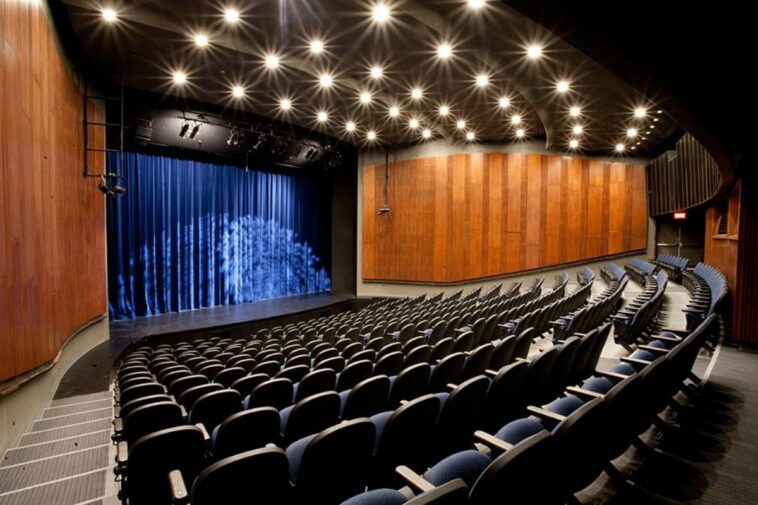

Embarking on a journey in the world of acting requires not just talent and passion but also the right educational foundation. For those in the U.S. looking northward, Canada’s acting schools offer a diverse and rich educational landscape.
This comprehensive guide delves deep into the heart of Canada’s premier acting institutions, each a beacon of creativity and excellence, to help aspiring actors make an informed decision.

In Alberta’s picturesque landscapes, Red Deer College stands as a nurturing ground for budding actors. Since 1964, it has offered a program that culminates in a hands-on fourth year, blending theory with practice. With affordable tuition fees, it’s an accessible option for many.
Pros: Real-life set experience, affordable tuition.
Cons: Limited to undergraduate level.
Ideal for: Those seeking practical experience alongside theoretical learning.
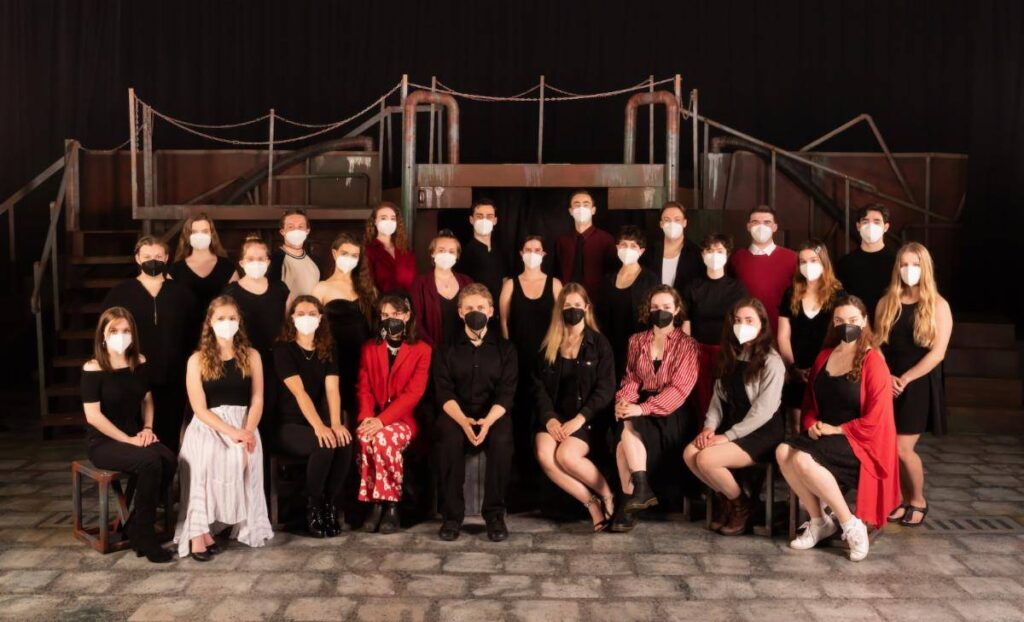
British Columbia’s Canadian College of Performing Arts is known for its intense training. Its one-year certificate and advanced half-year diploma programs, though demanding $15,000 in fees, offer focused, immersive experiences.
Pros: High-intensity, focused learning.
Cons: Short program duration.
Ideal for: Individuals seeking a fast-paced, immersive acting education.
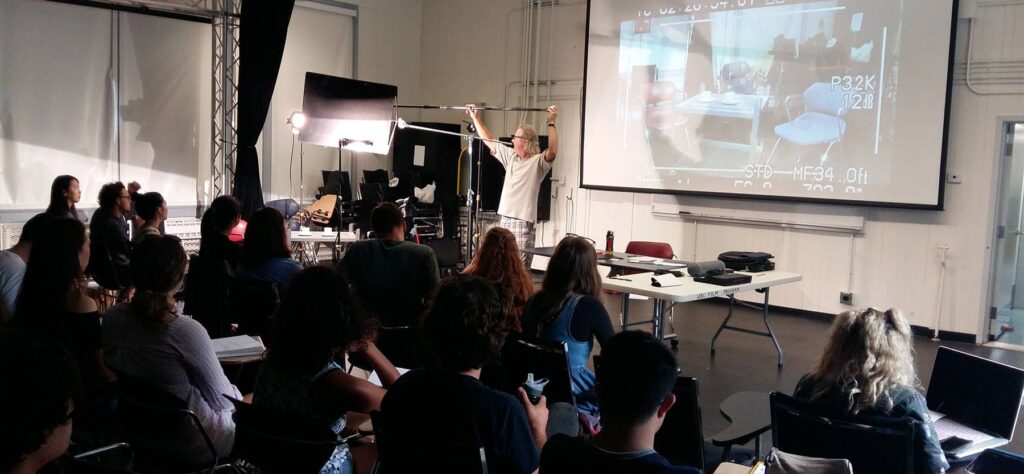
UBC’s Department of Theatre and Film, a global beacon of acting education, offers a comprehensive program backed by the prestige of one of Canada’s top universities. It’s a blend of world-class faculty and facilities.
Pros: Global recognition, comprehensive education.
Cons: Highly competitive.
Ideal for: Those seeking a top-tier, academically rigorous environment.
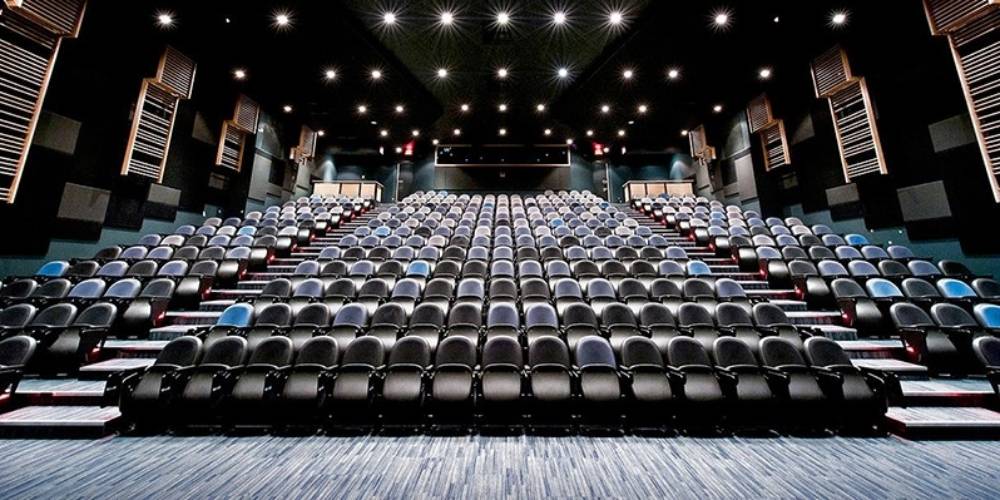
Simon Fraser University’s unique approach intertwines acting with other art forms, offering a holistic understanding of the arts. This broad skill set is invaluable in the diverse world of acting.
Pros: Interdisciplinary education, broad skill set.
Cons: Less focus on acting alone.
Ideal for: Students seeking a broad, arts-integrated education.

Capilano University in British Columbia specializes in cinematic acting, blending acting skills with an understanding of film production, making it ideal for those aspiring to shine on the silver screen.
Pros: Focus on film acting, industry-relevant skills.
Cons: Lesser emphasis on stage acting.
Ideal for: Aspiring film actors.

Located in Canada’s largest city, the Toronto Academy of Acting is known for its direct links to the film and TV industry, offering diploma programs that serve as a gateway to these fields.
Pros: Strong industry connections, practical training.
Cons: Limited stage acting education.
Ideal for: Those focused on a film and TV career.

Montreal’s National Theatre School offers programs in both English and French, providing a culturally diverse environment. It’s ideal for multilingual students seeking a rich, varied acting education.
Pros: Bilingual programs, cultural diversity.
Cons: Language proficiency required.
Ideal for: Multilingual students seeking diverse cultural exposure.
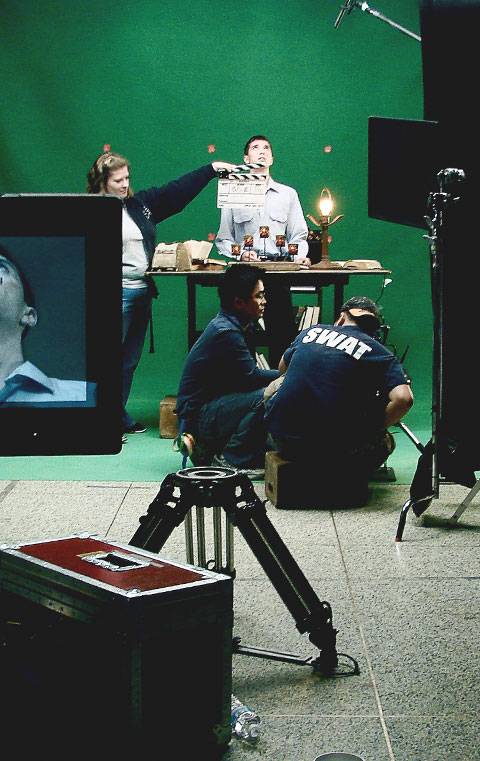
Known for its one-year intensive programs, Vancouver Film School is a hub for those aiming to quickly step into the film and television industry, focusing on practical skills over academic theory.
Pros: Intensive, practical training.
Cons: Less traditional academic training.
Ideal for: Aspiring actors targeting film and TV.

Humber College in Toronto offers a Bachelor of Fine Arts in Acting, combining classical training with contemporary techniques, backed by state-of-the-art facilities and industry connections.
Pros: Modern, comprehensive education.
Cons: Competitive admission.
Ideal for: Actors seeking a contemporary, well-rounded education.

Ryerson University in Toronto provides a balanced acting education, combining theoretical knowledge with practical experience, preparing students for a range of acting challenges.
Pros: Balanced curriculum, strong industry ties.
Cons: Less niche specialization.
Ideal for: Those seeking a comprehensive, balanced education.
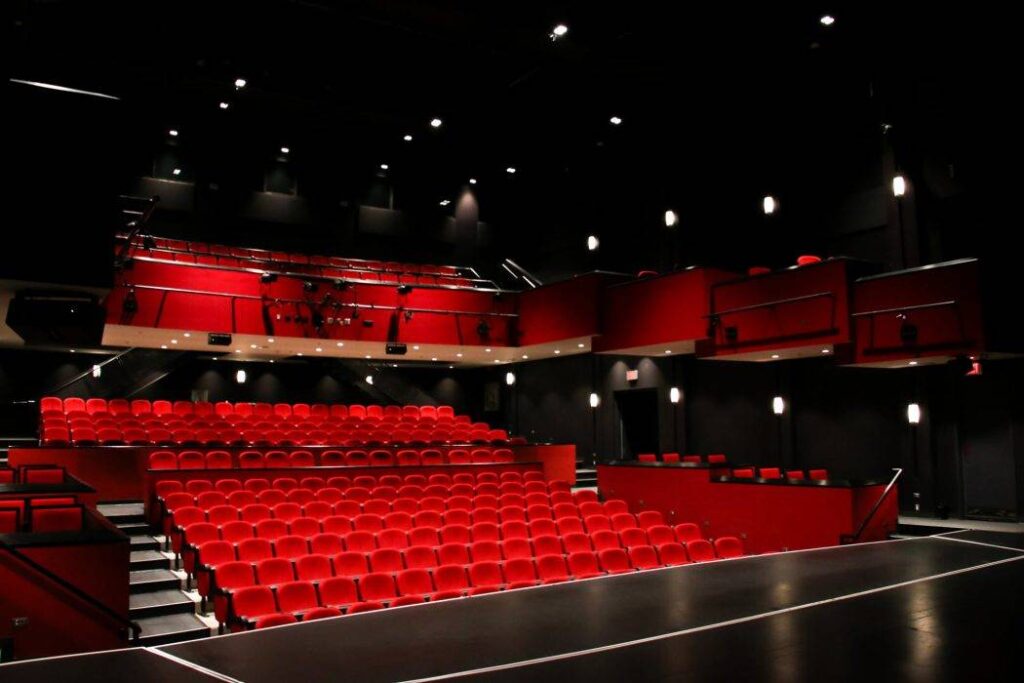
York University in Toronto is known for its academic rigor and diverse acting programs. It fosters a broad range of acting talents in an inclusive environment.
Pros: Academic rigor, and diverse programs.
Cons: Intense academic focus.
Ideal for: Students seeking a deeply academic and inclusive education.

Concordia University in Montreal stands out for its focus on innovative and experimental acting methods, encouraging creative exploration and avant-garde techniques.
Pros: Innovative, experimental methods.
Cons: Less traditional training.
Ideal for: Actors exploring avant-garde techniques.

George Brown College in Toronto emphasizes practical skills and industry readiness, tailoring its programs for immediate entry into the acting profession.
Pros: Practical skills, industry focus.
Cons: Less theoretical depth.
Ideal for: Students aiming for quick industry integration.

Dalhousie University in Halifax offers a unique blend of traditional acting methods and innovative practices, nurturing versatile actors capable of adapting to various styles.
Pros: Traditional and innovative techniques.
Cons: Location-specific appeal.
Ideal for: Actors seeking tradition and innovation.
Canada’s acting schools offer a rich array of choices, each with unique strengths. From the comprehensive training at Humber College to the innovative approaches at Concordia, there’s a school for every aspiring actor’s dream.
Prospective students should consider their goals, learning style, and career aspirations. Whether it’s the industry-focused Vancouver Film School or the academically rigorous York University, Canada’s acting schools are ready to nurture the next generation of talent.